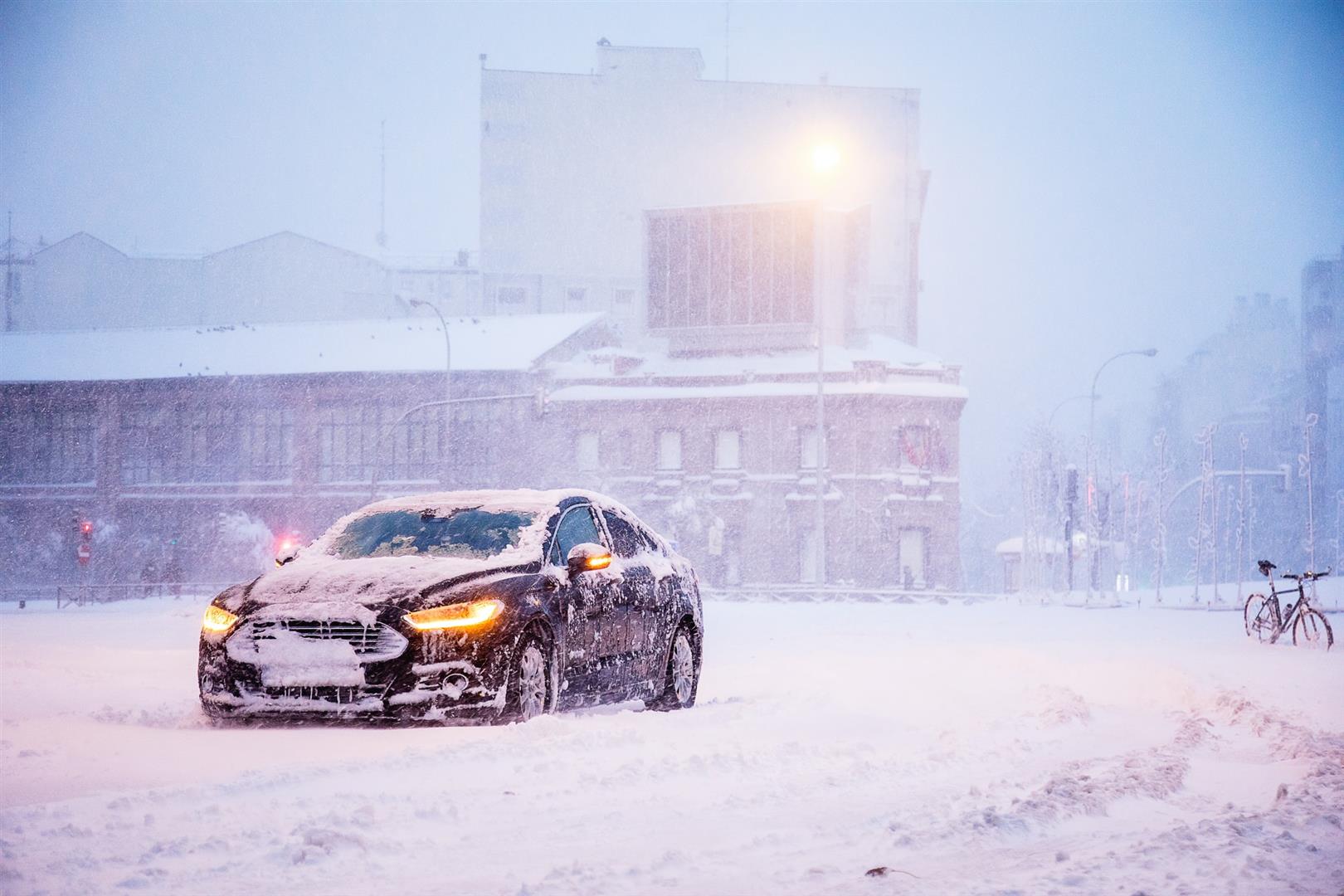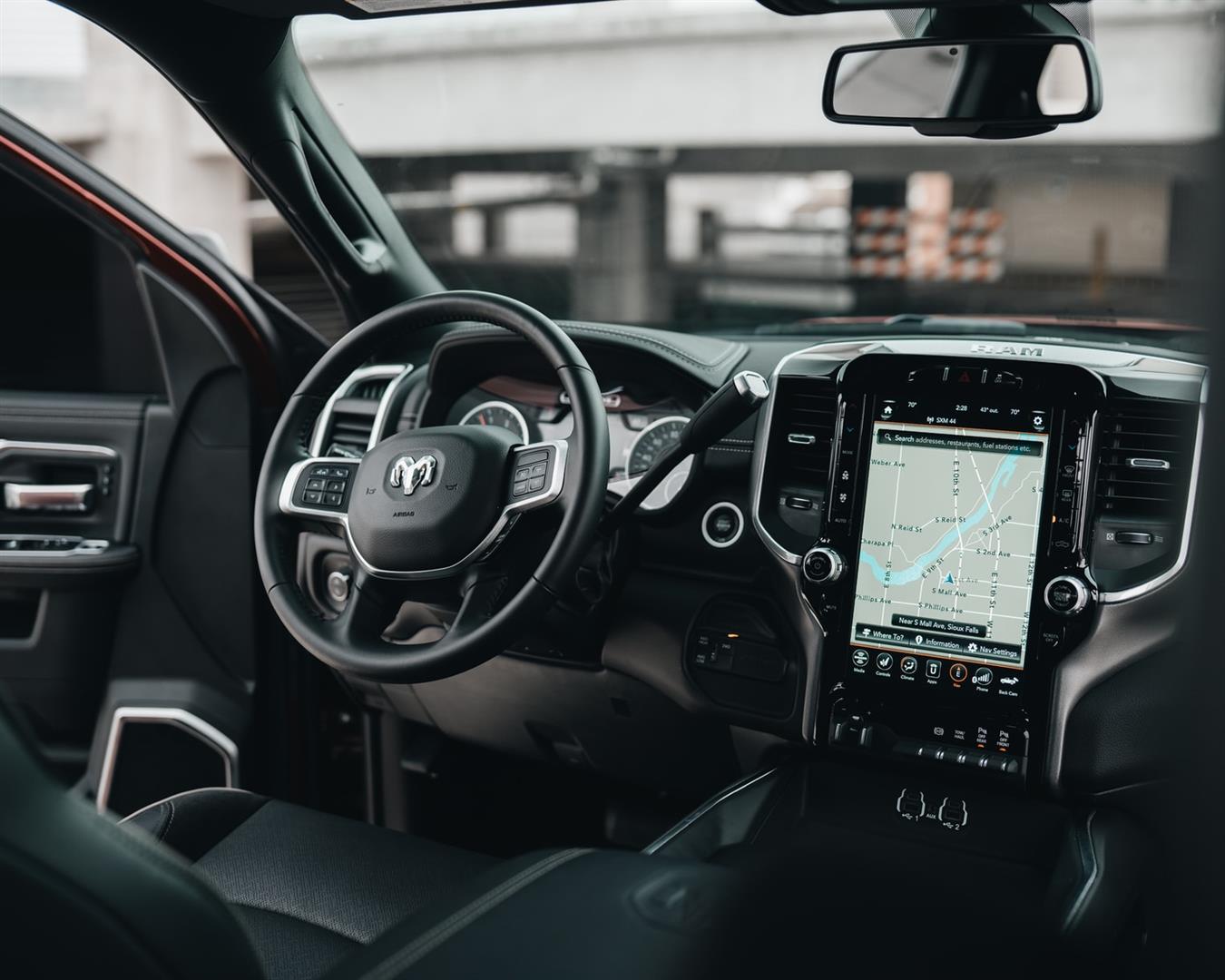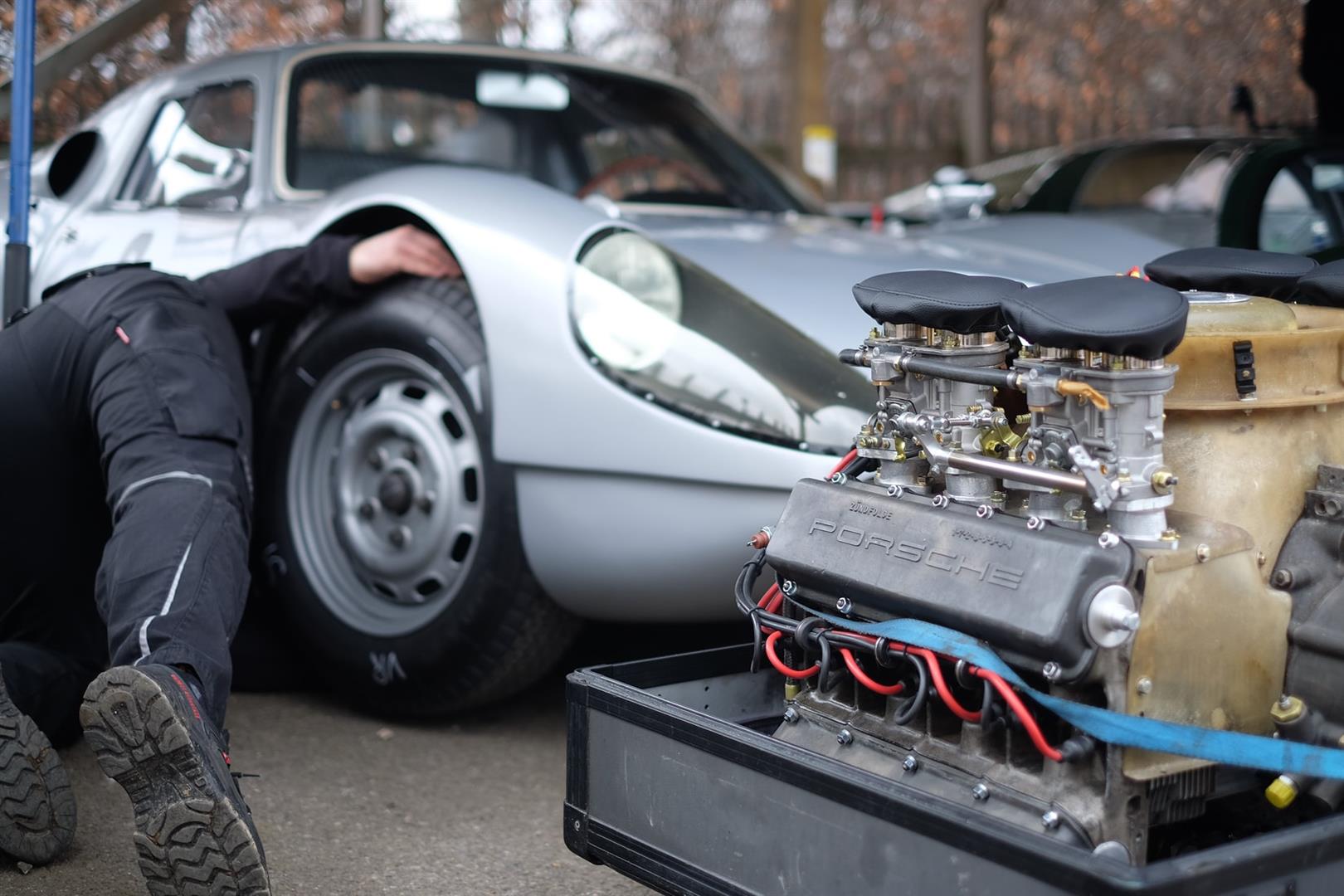Posted on 12/1/2021

Photo by JavyGo on Unsplash With the winter season coming soon, you must know how to take care of your vehicle and have it in good condition for when you need it. In this month's blog, we will share some of the reasons why it is essential to winterize your vehicle. During the winter seasons, the temperature drops frequently, and this causes several damages to our vehicles if we don't take proper care of them. Below are some of the damages that not winterizing your truck can cause. Oil: During cold seasons, the oil in your vehicle thickens as it becomes colder, and once it becomes thick, it won't be able to lubricate your engines. Visibility: Your vehicle windshield wipers give ... read more
Posted on 11/1/2021

Photo by Kiy Turk on Unsplash Our auto mechanics at D&E Auto Repair in Chico are thankful for trusting us with your vehicle and choosing us as your auto repair shop. We're grateful for becoming a loyal client with us, and we appreciate each of you! We realize that you could have chosen any other auto repair shop, but you chose us and trusted our mechanics! Trust is a hard-earned currency nowadays, so we are glad that we were able to earn yours. With the holidays coming soon, we should stop for a little and reflect on all the hard work we have done during these challenging times and the people that have been there for us. Always remember that being grateful helps people connect to something larger than themselve ... read more
Posted on 10/1/2021

Image by PublicDomainPictures from Pixabay The price of gasoline rose sharply this year, and we are all looking for a way to save money on the road! Planning a road trip got a whole lot more expensive, so this is the perfect time to pay attention to the issues concerning our fuel system. Like us, our vehicle's fuel system runs more efficiently if it is clean and feeling fine! But what exactly is a fuel system, and how do I know when I need to service it? These are good questions, so we put together a short explanation of what it is and what you want to be aware of! What's in my Fuel System? Your fuel system consists of many parts that work in concert toge ... read more
Posted on 9/1/2021

Photo by Brock Wegner on Unsplash Often, we ignore the signs that appear on our vehicle dashboard without having in mind that it is essential to pay attention to them. One of these crucial signs is your vehicle's TPMS light! Picture this: you’re driving on the road when you see your TPMS light come on. It is not the kind of warning you should ever ignore. Your car is telling you to check your tire pressure because it senses a bad imbalance in the load one of your tires is carrying and wants to prevent you from having a blow-out on the highway! In this blog, we will teach you what your vehicle's TPMS does and what it means when the light comes on! What does it mean when your vehicle's TP ... read more
Posted on 7/31/2021

Photo by Oli Woodman on Unsplash As the colleges are reopening, you will now have to drive from home to school or take your vehicle with you to travel more comfortably every time you need to. But before you move your vehicle, ensure it is in good condition to be safe on the road, and prevent an accident. Below are some of the car care tips that you should consider to have your vehicle ready for back to school season. Check your tires: Make sure you have good tires to hop on the road! not having them in good conditions can cause wear and tear. You want to ensure they are making good contact with the road, as they are the feet of your car! Check your seatbelt, and wear it! : We don't only use seatbelts because it is required by law, but because it saves ... read more
Posted on 7/23/2021
Of all the warning lights on your vehicle's instrument panel, there's one that demands your attention. And that's the brake warning light. Common sense will tell you that if you can't stop, you are endangering yourself and others. Brake warning lights are there to warn you that something is wrong with this vital safety system. There are several reasons a brake light will come on, but if yours does, get it to your NAPA AutoCare Center and have it checked out right away. Here are some possibilities of what's going on when you see that brake warning light. Low brake fluid—A sensor has detected that the brake fluid level is low. The technician can determine if you need more fluid. The technician can also determine if there's a leak in your brake system. Low brake fluid could also be a sign of worn brakes pads. An inspection can reveal brake problems. Just topping off the brake fluid can leave critical problems unad ... read more
Posted on 7/16/2021
Clean air quality is something that helps all of us thrive here on Planet Earth. And considering that motor vehicles are a contributor to air pollution, emissions tests in the U.S. and Canada are in place to keep vehicles from needlessly spewing dangerous gases into the air. While laws vary from place to place, the goal of an emissions test is the same: to make sure toxic gases are kept at a minimum. They often measure nitrogen oxide, carbon monoxide, carbon dioxide, oxygen, and hydrocarbons. Fail the test, and you may not be allowed to drive that vehicle on the road until it's rectified. Keeping your vehicle maintained is the best way to make sure you can pass an emissions test. Here are a few things that could be wrong with your vehicle that might result in it failing that emissions test. The mixture of fuel and air in your engine is heavy on the fuel. That can cause issues with the catalytic converter that is intended to keep emissions to a minim ... read more
Posted on 6/29/2021
If you feel a slight shudder or vibration coming through your brake pedal when you stop, it could be a sign you need some brake work done. That gets you thinking, how long should my brakes last anyway? It depends on a lot of factors. But for discussion's sake, let's talk about the components that wear out most often, the pads and rotors. One factor is how you drive. If you drive on highways a lot, you won't use your brakes as much as, say, someone who lives in the city and is in the middle of a lot of stop-and-go traffic. Do you drive a lot in the mountains? Do you tow a trailer or haul heavy loads? Those driving habits will all wear down your pads and rotors more quickly than someone who doesn't put that extra friction on their brake components. Do you love jackrabbit starts and squealing stops? That will wear out your brakes more quickly than smoother driving habits. Do you drive a hybrid or electric vehicle? In that case, you may have regenerative brakes that he ... read more
Posted on 6/29/2021
The Check Engine Light strikes fear into the hearts of some and is totally ignored by just as many. Just what it means is a mystery to most of us. First, if your check engine light is flashing, that means that something is wrong that could cause severe damage to the catalytic converter or other components. Get that taken care of right away. If your check engine light is flashing, you shouldn’t drive at highway speeds, tow or haul heavy loads. Take it easy all the way to the service center. If the light is glowing steadily, you should keep an eye on it for a day or two. If the light doesn’t go off, schedule an appointment with your service advisor to get it checked out. Some more information on how the Check Engine Light works may be informative. Most of your engine functions are controlled by a computer, not surprisingly, called an engine control computer. The computer can adjust many engine parameters for environmental conditions, engine condition and even the way you d ... read more
Posted on 6/29/2021
A driver recently noticed that her garage had begun to smell like gasoline after she parked her vehicle inside. Her Check Engine light had also just come on. This was something she'd never experienced before. So, she called up her NAPA Service Advisor and asked what was causing it. The answer, of course, is that many things can cause a sitting vehicle to smell like gasoline fumes. But it can sometimes be tricky to track down the source, so here are a few things you can look for that may help your NAPA AutoCare Center technician pinpoint the origin of the odor. Gasoline odors can be caused by a leak somewhere in the fuel system, meaning gasoline can be dripping out. Some possibilities? It could be a break in a fuel line. You could have a leaky fuel-injection line or injector. There's a vent for your fuel tank that may also leak. The fuel filler neck can wear out and fail. One thing you should look for is to see if there are any puddles of gasoline on the floor of your garage ... read more